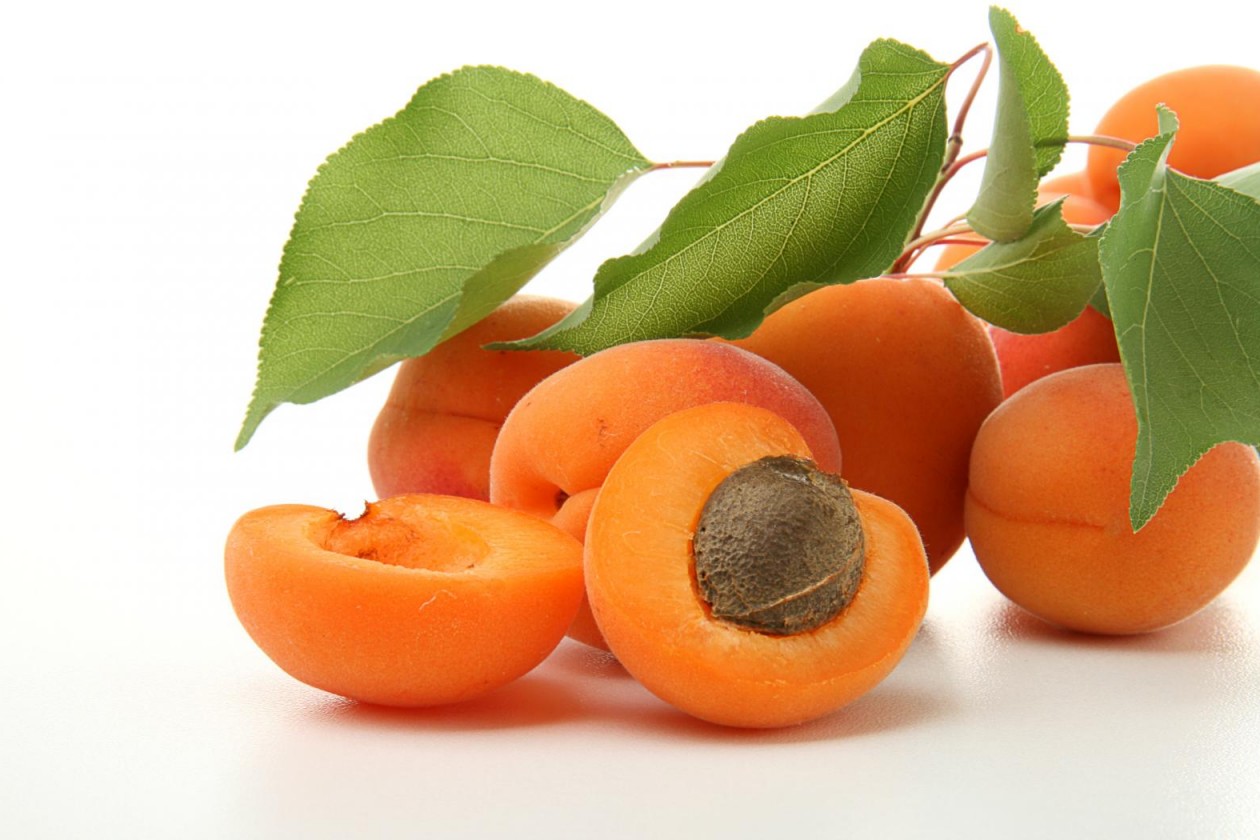raw apricot kernels, marketed as a cancer therapy, will be banned from sale in december. Currently apricot kernels are sold in bags up to one kilogram but Food Standards of Australia and New Zealand has intervened due to several reported cases of cyanide poisoning. Raw apricot kernels contain amygdalin which is converted to cyanide. Branded as Laetrile or […]
raw apricot kernels, marketed as a cancer therapy, will be banned from sale in december.
Currently apricot kernels are sold in bags up to one kilogram but Food Standards of Australia and New Zealand has intervened due to several reported cases of cyanide poisoning.
Raw apricot kernels contain amygdalin which is converted to cyanide. Branded as Laetrile or “vitamin B-17? (despite not being a vitamin), amygdalin has been sold as a miracle cancer cure since the 1950s, under the misguided premise that the cyanide targets only cancerous cells, leaving healthy cells alone.
Cancer Council Australia CEO Sanchia Aranda said: “Claims that apricot kernels can cure cancer have been circulating for decades, but there is no evidence they have any positive effect in relation to cancer. On the contrary, there are documented cases of cyanide poisoning from eating the kernels, and even deaths.”
Since 2003 there have been at least 46 phone calls to state poison information hotlines after deliberate ingestion of raw apricot kernels. In 2011, a Queenslander was hospitalised after consuming raw apricot kernels with high levels of cyanide. In 2014, a consumer in Western Australia was hospitalised after eating raw apricot kernels.
Symptoms of cyanide poisoning include abdominal pain, headache, dizziness, short-term memory loss, confusion, flushing, palpitations, vomiting and nausea.
The ban will come into effect in early December, once the amendments to the code are gazetted.


